As the world spins on its axis, a shadow looms larger every day—climate change is upon us, and with it, a cascade of difficult questions. Are we, as a collective civilization, doomed? This inquiry reverberates not just through the halls of science but echoes in our hearts and souls. The metaphor of a slow-moving train careening towards an inevitable cliff offers a visceral portrayal of our predicament. Are we merely passengers, blissfully unaware, or are we the architects of our own fate, grasping the wheel but hesitant to steer? Facing this conundrum demands we delve into the depths of our ecological reality while contemplating the nuances of human resilience.
At the crux of this discourse lies the idea that the consequences of climate change have already begun to unfurl before our eyes. The once-familiar seasonal patterns have warped; glacial mass retreats, rising sea levels, and increasingly severe weather events paint a harrowing tableau of catastrophe. Consider the tempestuous storms battering coastlines, which are no longer mere acts of nature but harbingers of our self-crafted disaster. Are we watching the birthing pains of a new world—a world where nature retaliates against its abusers?
However, contemplating doom without considering the powerful instrumentation of human ingenuity is a fallacious endeavor. The modern era is powered by a remarkable number of innovations aimed at alleviating environmental concerns. Solar panels that transform sunlight into energy, biofuels derived from organic waste, and carbon-capturing technologies are not mere figments of hope; they signify an awakening of human potential. Just as a phoenix arises from the ashes, humanity possesses the ability to rejuvenate the desolate landscape through education, activism, and policy reform.
Yet therein lies the crux of the argument: are our current solutions sufficiently robust to address the monumental challenges posed by climate change? Skeptics argue that these measures, albeit noble, are mere band-aids on a gaping wound. We must question, then, whether we are merely delaying an inevitable reckoning. Imagine a patient who ignores the root of their ailment, opting instead for superficial remedies. As a society, we cannot afford to gloss over the systemic issues inherent in our exploitation of the Earth. Ecological degradation is intertwined with social injustice, economic disparity, and corporate greed. We cannot untangle this web without confronting the uncomfortable truths of our societal structures.
A shift in perspective is indispensable. The collective narrative surrounding climate change has entrenched itself in a paradigm of fear, suggesting that existential doom is emblematic of our fate. However, this interpretation can paralyze action rather than galvanize it. Instead of languishing in despair, we must reframe our understanding and embrace the concept of adaptability. The capacity for resilience lies deeply ingrained within both the human spirit and the natural world. Just as nature rebounds from devastating wildfires, so too can we reinvent our methods of coexistence with our planet.
Moreover, it is essential to acknowledge that climate change affects different populations unevenly, often exacerbating existing socio-economic inequalities. Marginalized communities frequently bear the brunt of environmental degradation, finding themselves increasingly vulnerable to climate-induced disasters. This presents a moral imperative—not merely for the privileged few to mitigate their carbon footprints, but for all of society to ensure access to technology, education, and support for those disproportionately affected by climate changes. Noting these disparities extends our inquiry beyond science and delves into ethics, probing the soul of humanity.
As we confront these complex realities, participation in our democratic processes becomes paramount. A well-informed electorate can advocate for policy changes that prioritize sustainability and environmental justice. Resources should not be squandered in a futile race for profit, but rather redirected towards the collective good. Grassroots movements, once thought of as frivolous endeavors, are now the lifeblood of progressive change, galvanizing voices that might otherwise remain silent.
The question remains whether we are doomed, but accepting doom as our destiny strips away agency—an act of resignation. Reflecting on this possibility in the light of human determination leads us to envision a future that does not succumb to despair. Instead, we cultivate a shared commitment to our planet, igniting the flames of ingenuity and activism. Children today, who will inherit the consequences of our actions, deserve more than despondence; they deserve hope, creativity, and the tools to forge a different path.
Ultimately, the narrative we choose to foster may well determine our fate. Should we propagate tales of doom, allowing ourselves to drift into apathy, or shall we weave a fabric of resilience—a mosaic of collective action against the specter of climate change? The metaphorical train barreling toward the cliff may indeed be steered away, should we unite in this profound and necessary mission. In combatting climate change, optimism is not ignorance; it is a powerful choice, a defiance against a fate that seeks to ensnare us. The moment calls for audacity, and through audacity, we might just refuse to be bound by doom.



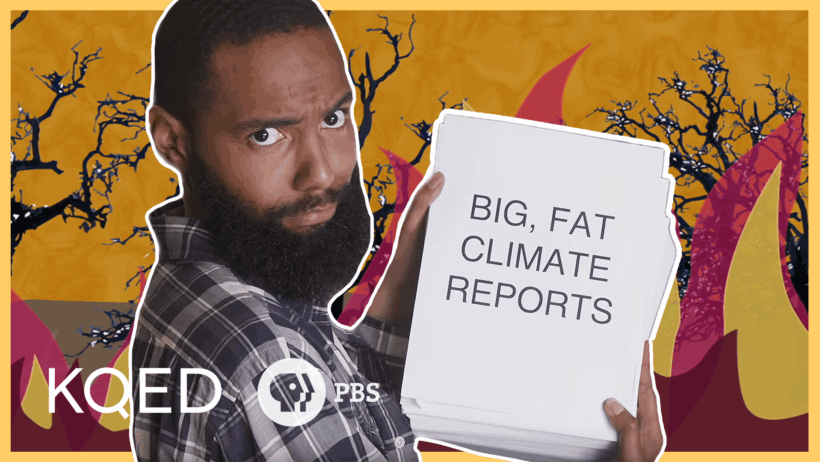
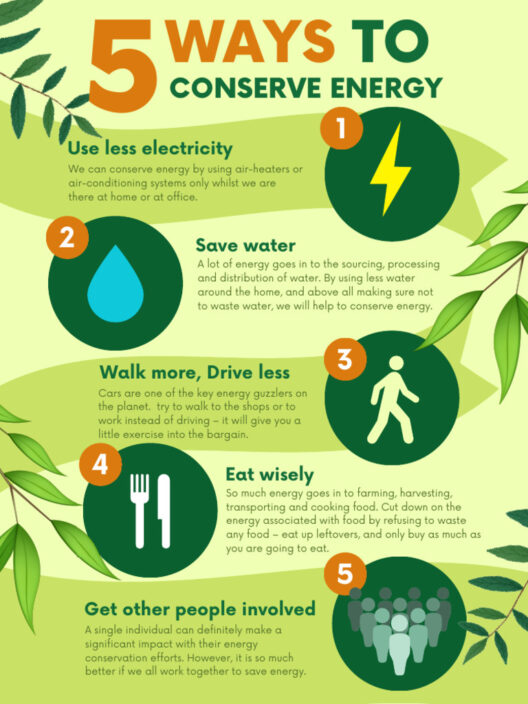
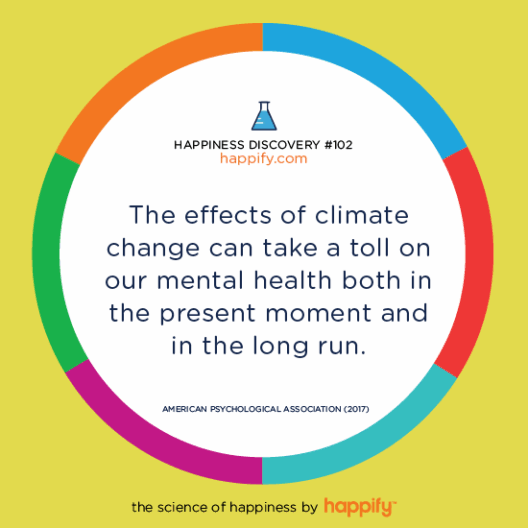
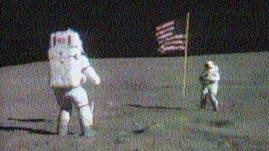

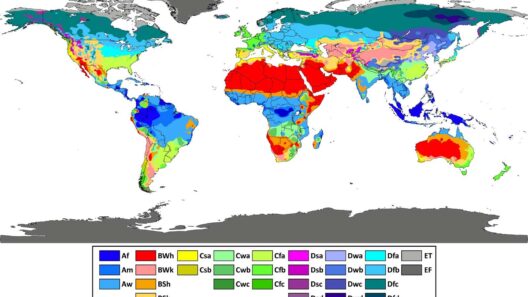
Action, what action? 2024 was yet another record year for fossil fuel consumption and record greenhouse gas emissions. It beat the record from 2023 – see the pattern? I have since I began paying close attention in 1988 and with the exception of a couple of years (financial crash & Covid) both fossil fuel consumption and emissions set new records. This is called GOING BACKWARDS for over 40 years. Clearly almost everyone is choosing to live a lifestyle as polluting as their credit score will allow. The few who have reduced their consumption and vacations and thus emissions are so tiny they are statistically insignificant. I don’t need to hear another poser signalling. The truth is none of you did anything to change your behaviour to any level that matters and you are still playing ‘Pin The Blame’ and today’s donkey is so called ‘Doomers’. It’s been my experience that most so called doomers are much more knowledgeable about climate change and the other Overshoot predicament than a lightweight like you could ever imagine or would be willing to put in the many hundreds of hours of lecture watching and reading each year to become knowledgeable enough to know what they are talking about. This bash the doomer is an old game that is over 15 years old and after each year when you tally up, it’s the doomers, the pessimists who are right and they get their info from serious study, not 3 min cheerleader articles like this one.
In addition to fossil fuel use and emissions, do you know what else has been increasing? The number of scientists who say it’s too late for humans or go quiet and walk away. There is a minimum 3C more baked in and dozens of positive self reinforcing feedback loops are well underway. Runaway climate change, all by it’s self can finish off techno global industrial civilization and at a min will case a mass human die-back before this century is out, only runaway climate change is not by it’s self as far as existential predicaments go. Humans are deep into unprecedented global Overshoot and have radically impaired every natural system within the biosphere. Humans have polluted so much that there is growing evidence it is impairing their ability to reproduce. Biodiversity loss and ocean acidification are both existential threats and every day we pile more and more shit on the pile and it is only exceeded by magical thinking cheerleader articles like this one and insults from everywhere. Humans are not equipped to deal with problems and predicament of this nature. When the fear really kicks in, when the pretending no longer works the humans will snap.
*Humans will be extinct in 100 years says eminent scientist*
(PhysOrg.com) — Eminent Australian scientist Professor Frank Fenner, who helped to wipe out smallpox, predicts humans will probably be extinct within 100 years, because of overpopulation, environmental destruction and climate change.
Fenner, who is emeritus professor of microbiology at the Australian National University (ANU) in Canberra, said homo sapiens will not be able to survive the population explosion and “unbridled consumption,” and will become extinct, perhaps within a century, along with many other species.
He said he believes the situation is irreversible, and it is too late because the effects we have had on Earth since industrialization (a period now known to scientists unofficially as the Anthropocene) rivals any effects of ice ages or comet impacts.
Fenner said that climate change is only at its beginning, but is likely to be the cause of our extinction. More people means fewer resources, and Fenner predicts “there will be a lot more wars over food.”
.
https://phys.org/news/2010-06-humans-extinct-years-eminent-scientist.html